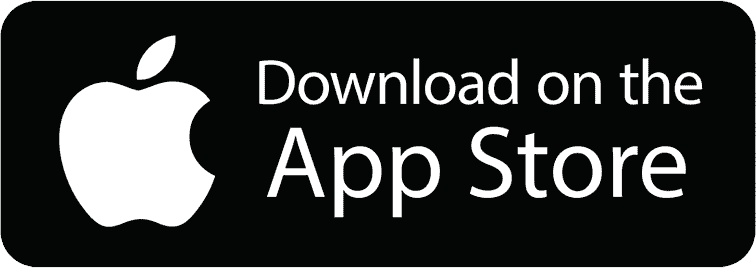Controlled ovarian hyperstimulation (COH) is a process in which the ovaries are stimulated by fertility medication to produce ovulatory follicle(s). Typically, oral fertility medications (clomiphene citrate or letrozole) and/or injectable fertility hormones (follicle stimulation hormone) are used to stimulate follicles in the ovary. Each mature follicle contains 1 egg that is capable of being fertilized. In women who have irregular periods and do not normally ovulate, the goal is to produce 1 mature follicle and restore normal ovulatory function. In women who have regular menses and ovulate each month, controlled ovarian hyperstimulation is used to “super ovulate” women in hopes of increasing pregnancy rates by producing 2-3 mature follicles per month. With controlled ovarian hyperstimulation, the goal is to increase monthly fertility rates. Multiple pregnancy rates account for 1-30% of these pregnancies, based on the age of the egg and the number of mature follicles obtained. The goal of controlled ovarian stimulation is to achieve a healthy singleton pregnancy. During controlled ovarian hyperstimulation, ultrasound monitoring is performed in order to safely stimulate the ovaries. Intrauterine insemination (IUI) is also recommended in conjunction with controlled ovarian hyperstimulation (COH) in couples with unexplained infertility, couples affected by mild/moderate endometriosis, and mild/moderate male factor infertility. The age of the woman and the fertility diagnosis can affect the success rate. If couples are not successful after 3-6 cycles of COH/IUI, a consultation is recommended to review the causes and consider in vitro fertilization.





